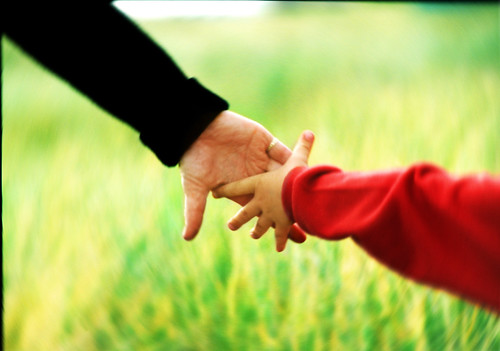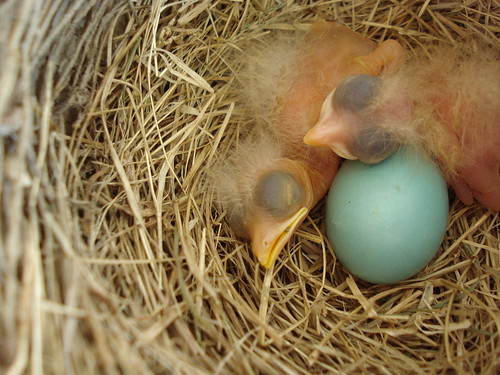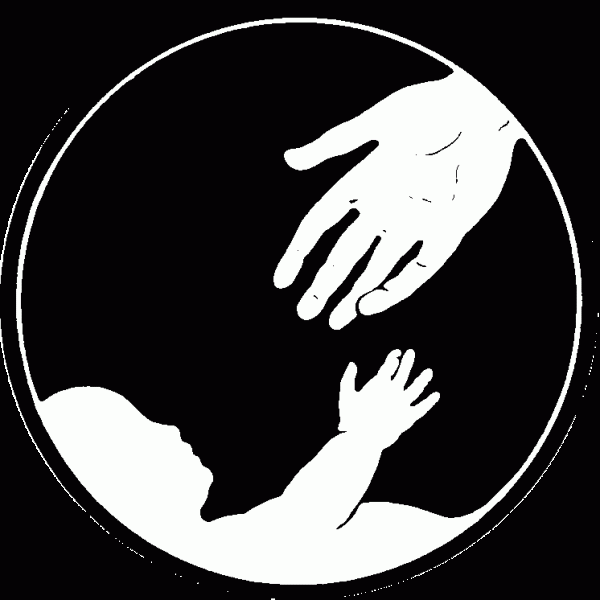The goal of discipline is to help children to gain control over their impulses and become cooperative members of their families first, and then, society. We want to raise children we not only love, but love being around. Magda Gerber
Update: This is the first in a series of ten posts I wrote in 2008, meant to answer the question: “What are effective, gentle ways to discipline young children without resorting to shaming, spanking, yelling, punishing, threatening, bribing, or using time out? I’m beginning with toddlers, because it happens to be the time that is often most challenging for parents, and the age I receive the most questions about, but the learning begins at birth, and many of the suggestions I make can be useful at any age.

Cathy has a 15 month old daughter, is new to Magda Gerber’s philosophy of respectful parenting, and wants to know how she can help her budding toddler learn to co-operate. Everything is a bit of a struggle right now, with lots of tears and temper tantrums on both sides, and Cathy finds herself wondering where her sweet, easygoing baby went, and how to manage the many struggles that ensue throughout the day.Cathy finds herself frustrated and at a loss a lot of the time, and she finds herself falling back on techniques she swore she’d never use to discipline her child. Time out is not working- which doesn’t surprise me, because it almost never does, especially in the long run.
So, following (Note: this is a series of ten posts.) are my thoughts about what does work! Keep in mind that all of these ideas are like pieces of a puzzle that work together, and if you have a newborn, you can begin to implement this positive approach NOW, which will make things all that much easier as your baby grows into toddlerhood and beyond.
First, please know that there is no “magic” as suggested by one popular book (which I don’t recommend). Helping your child grow up to be a happy, healthy, independent, co-operative child and young adult is a process that begins at birth and doesn’t end until they are well into their teenage years.You are your child’s first and most important teachers, role models, and guides. In fact, it’s most likely that your children are taking cues and learning from your behavior, as much as from anything you say to them. With this idea in mind, you should also understand that your child will save her worst behavior for you and will test you and push you to your limits time and time again.
The good news is that this is actually desirable and healthy. Why is this so? Believe it or not, it’s because if you are responsive to your children and meet their basic needs, they come to love and trust you more than anyone else in the world. They count on your unconditional love, and trust that no matter how difficult things may become, you are the people who will always be there for them, always love them, and always try to do and give your best for them.
Understanding some basic developmental principles can help you to remain calm and supportive when parenting a young toddler. There is no time, except for maybe during your child’s teenage years, that can be more difficult and trying. Yet toddlers can be such a joy and delight to their parents and others because they are so alive, curious, playful,and interested in everything and everyone around them.
In fact, I am going to suggest that toddlers are MOST interested in learning about others and their feelings and reactions, at the same time they are trying to develop their own sense of self and independence. Hence, the many interpersonal conflicts and struggles that arise. Your toddler is newly interested in both how she can make things happen, and how different people react to her and the things she does. She doesn’t have a lot of experience in the world yet, and is just barely beginning to feel and express empathy, but can’t yet take another person’s point of view (perspective taking).
As an example, have you ever been sad or upset and had your toddler run to you and offer you her favorite blanket? She knows that when she’s upset, she wants her blankie, and it makes her feel better, so she reasons that you’ll feel better if she offers you her blanket, even if what would really make you feel better is a glass of wine, or ten minutes of peace and quiet!
It can be an exhausting time for you as a parent and yes, your child has the incredible energy and ability to continue to persevere in testing you and the limits you have set long after you have exhausted your reservoir of patience and sanity, but once again, this is normal and healthy!
It can help to think of your toddler as a social scientist, who has an unlimited amount of interest and energy to devote to investigating the boundaries of acceptable human behavior- because this is indeed what is happening. This is a necessary process for her to go through in order to develop self regulation (the ability to set limits for herself) friendships, an understanding of herself and others, and how to get along in the world.
My answer to maintaining your sanity while guiding your child through this process while helping her to learn to be reasonably cooperative (most of the time), does not involve counting, yelling, spanking, bribing, or time outs (for your child, anyway). Tomorrow: the power of empathy to transform resistance into co-operation.

